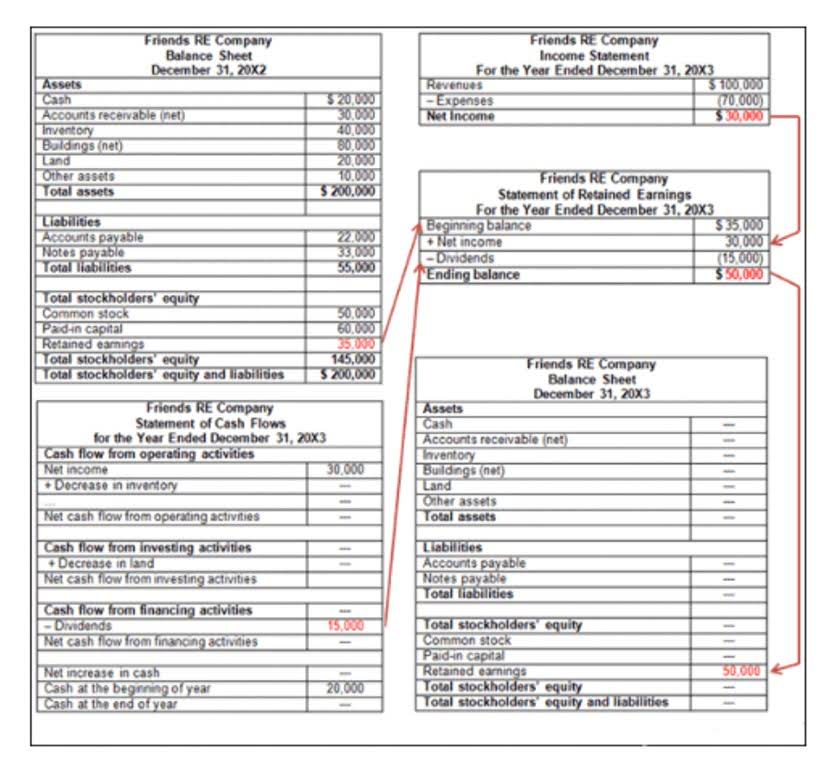
Moreover, technology has enabled real-time collaboration between bookkeepers and their clients or colleagues. Cloud-based platforms allow for seamless sharing of financial data, making it easier to work remotely and collaborate on projects. This level of accessibility and flexibility has transformed the way full charge bookkeepers operate, empowering them to deliver their services more efficiently.
- Generally speaking, accountants analyze the financial data gathered by bookkeepers.
- Now, let’s take a look at full charge bookkeeper vs. bookkeeper job descriptions and compare them.
- They will attend seminars, review best practices, and similar actions to provide the best service possible.
- EcomBalance handles your bookkeeping and sends you a Profit and Loss Statement, Balance Sheet, and Cash Flow Statement by the 15th of each month.
Full Charge Bookkeepers vs. Other Accounting Roles

This role is quite flexible to most industries, so it all depends on your specific situation. However, a good full service bookkeeper will dedicate themselves to continuing their learning. They will attend seminars, review best practices, and similar actions to provide the best service possible. Your earnings could differ based on factors like location, experience, education, certifications, the client’s size, and whether you work in-house. The goal is to maintain financial accuracy and support business decision-making. Get more advice on establishing better accounting and bookkeeping practices with our free guide below.
What Is Full Charge Bookkeeping: All You Need to Know
They manage all aspects of the business’s financial affairs, from processing payroll to producing financial statements and budget forecasts. They are involved in the day-to-day operations and play a strategic role in the business’s financial health. They maintain complete and up-to-date detailed accounts and manage all the fundamental bookkeeping duties, such as ledger entries, financial statement preparations, and payroll. Full charge bookkeepers often manage the entire cycle of accounting functions. And while a full-charge bookkeeper will eventually supervise these roles, you’ll need to make sure you’re appropriately staffed to fill the void this promotion leaves behind.
- This convenience and accessibility are particularly important for small businesses that require flexibility.
- When it comes to small business bookkeeping, the role of a full charge bookkeeper must be balanced.
- These are existing employees on a salary who handle your financial record-keeping.
- A full charge bookkeeper is someone who will manage all the financial accounts of a business.
- This involves tracking and recording all incoming payments from customers or clients.
- In summary, full-charge bookkeeping encompasses a wide array of responsibilities that impact not only financial record-keeping but also the overall success of a company.
B. Produce Financial Statements and Reports:
You will have an aptitude for business and be detail oriented and have experience with financial statements and tax returns. As mentioned earlier, the primary difference between a full charge and a regular bookkeeper is the fact that full charge bookkeepers manage all the accounting needs of the business. Because of this added responsibility, full charge bookkeepers usually report directly to the higher-ups.
What Is A Full Charge Bookkeeper? Responsibilities, Skills, And Importance

Although some full-charge bookkeepers are also qualified bookkeepers with additional certifications or qualifications, their primary focus remains on day-to-day bookkeeping and accounting tasks. Small business owners are typically experts in their field or industry but might need more financial expertise to keep their company’s books in order. They don’t just crunch numbers; they make those numbers understandable and usable for the business owner. Running a business involves juggling various responsibilities, and bookkeeping can be time-consuming and complex.

They handle the daily financial activities, ensuring all transactions are accurately recorded on time. Partnering with professional bookkeeping services such as Books and Balances ensures that small businesses can access complete charge bookkeeping expertise. Their team of professionals handles all aspects of bookkeeping, allowing business owners to save time, reduce stress, and have peace of mind knowing their finances are in good hands. Full charge bookkeepers, on the other hand, are able to analyze financial statements, offer consulting services, and do some internal auditing and tax preparation.
- Bookkeeping is essential to any successful business, ensuring accurate financial records and providing vital insights for decision-making.
- This means that the full charge bookkeeper reports straight to a senior manager, such as the president, and may interact directly with the company’s board of directors and auditors.
- This article will explore the world of full charge bookkeeping, exploring its key components, benefits, and how it differs from other bookkeeping methods.
- They are typically equipped with advanced degrees and certifications, such as CPA (Certified Public Accountant), which full charge bookkeepers don’t necessarily hold.
- No matter how much bookkeeping and accounting duties might differ, a full service bookkeeping job combines some features of both.
- This means they have the capability to provide tax advice that helps you save money, and avoid penalties and IRS audits.
- To become a bookkeeper, a high school diploma or equivalent and some basic bookkeeping knowledge are enough.
- Obtaining the right education and training is the first step towards becoming a full charge bookkeeper.
- Adding a full-charge staff member means you may need to examine your internal bookkeeping needs and hiring goals.
- By hiring a full charge bookkeeper, you can free up valuable time and resources to focus on your core business functions.
- Becoming a full charge bookkeeper requires a combination of education, practical experience, and professional certifications.
- As the term ‘full charge’ implies, a full charge bookkeeper takes on various tasks.
They have a deep understanding of accounting principles and can maintain meticulous records of your business transactions. Having a deep understanding of these software applications allows you to efficiently record and track financial data, generate reports, and perform various accounting tasks. It also enables you to streamline processes and ensure accuracy in financial record-keeping. By leveraging the functionalities of accounting software, you can save time, reduce errors, and provide timely and insightful financial information to management. The general ledger is the central repository of an organization’s financial data.
What Is Full Charge Bookkeeping? Everything You Need To Know About the Job
Accountants, on the other hand, operate at a higher level of financial strategy. They are usually involved in more complex financial planning, including tax planning and business analysis. While they also review financial statements, their work often focuses more on interpreting and analyzing https://www.bookstime.com/ financial data than recording it. Accountants use this analysis to provide strategic advice to the organization’s management. They are typically equipped with advanced degrees and certifications, such as CPA (Certified Public Accountant), which full charge bookkeepers don’t necessarily hold.
They are usually accountable for more than a regular or part-time bookkeeper, and report not to an accountant but directly to the CEO, CFO, or financial manager. The position is most commonly found in smaller organizations where what is a full charge bookkeeper there is no need for a controller, and which has relatively uncomplicated accounting transactions. If the company grows to a larger size, supervision of the accounting function is likely to be shifted to a controller.
